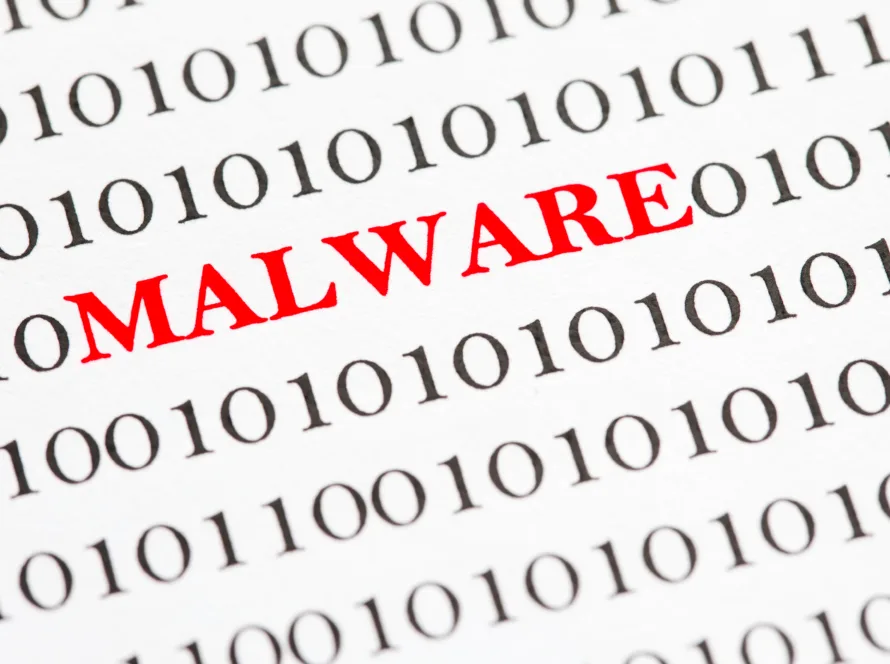The COVID-19 pandemic has not only brought about unprecedented health challenges but has also ushered in a surge of scams preying on fear and uncertainty. As the world grapples with the virus and its repercussions, unscrupulous individuals and organizations have seized the opportunity to exploit the situation for their own gain.
In times of crisis, scammers thrive on spreading misinformation and capitalizing on people’s anxieties. Scams are deceptive practices designed to trick individuals into giving away their money, personal information, or both. With the coronavirus pandemic, scammers have found fertile ground to sow seeds of deception.
The methods employed by these scammers are varied and often sophisticated. From offering fake cures and treatments to posing as health authorities to collect sensitive information, the tactics used are as diverse as they are deceitful.
The Dark Side Unveiled: Common Scams Tactics
Coronavirus scams come in many forms, each more insidious than the last. One common tactic is impersonating health authorities, sending out emails or making phone calls claiming to provide vital information about the virus. In reality, these communications are attempts to steal personal information or install malware on unsuspecting victims’ devices.
Another prevalent scam involves selling fake cures and treatments. Desperate individuals seeking relief from the virus may fall prey to promises of miracle drugs or supplements that are not only ineffective but also potentially dangerous.
Phishing scams, where scammers masquerade as legitimate organizations to trick individuals into revealing sensitive information, have also seen a sharp rise during the pandemic. These scams often take the form of emails or text messages urging recipients to click on malicious links or provide login credentials.
Charity scams are yet another way scammers exploit people’s goodwill during crises. Fake charities may pop up overnight, claiming to raise funds for COVID-19 relief efforts but pocketing the money for themselves.
Impact on Society
The repercussions of coronavirus scams are far-reaching. Beyond the financial losses suffered by victims, there is also an emotional toll to contend with. Many individuals who have fallen victim to these scams experience feelings of shame and embarrassment, compounding the already stressful circumstances brought about by the pandemic.
Moreover, the proliferation of cons erodes trust in institutions and undermines collective efforts to combat the virus. When people are constantly on guard against fraudulent schemes, it becomes harder to disseminate accurate information and coordinate effective responses.
Awareness is key to thwarting coronavirus cons. By staying informed and vigilant, individuals can protect themselves and their loved ones from falling victim to deceitful practices. Some strategies for spotting and avoiding scams include:
- Being wary of unsolicited communications, especially those that request personal or financial information.
- Verifying the legitimacy of sources before sharing information or making donations.
- Double-checking the credentials of charities and relief organizations before contributing funds.
Legal and Law Enforcement Responses
Law enforcement agencies and regulatory bodies have been working tirelessly to crack down on coronavirus cons. Perpetrators of these schemes face severe legal consequences, including hefty fines and imprisonment. However, the sheer volume and complexity of these scams make enforcement efforts challenging.
Protecting Vulnerable Populations
Seniors and other vulnerable populations are often prime targets for coronavirus scams. To combat this, community organizations and government agencies have launched awareness campaigns aimed at educating these groups about the tactics used by scammers and empowering them to protect themselves.
Staying Safe Online
In an increasingly digital world, cybersecurity is more important than ever. By practicing good online hygiene, such as using strong passwords and avoiding suspicious links, individuals can reduce their risk of falling victim to cyber cons.
Community Response and Support
In the face of adversity, communities have rallied together to support one another. Mutual aid networks and community resources provide essential assistance to those affected by scams, offering everything from financial support to emotional counseling.
Conclusion
Coronavirus cons represent the dark underbelly of society, preying on fear and uncertainty to exploit the most vulnerable among us. As we navigate the challenges posed by the pandemic, it is crucial that we remain vigilant against these deceptive practices. By staying informed, supporting one another, and working together, we can unmask the perpetrators and protect our communities from harm.
*Fallen a victim to scams?
*Want to rerport a scam?
Look no futher than ReclaimLTD! Click here to open the main page>
FAQ
Coronavirus scams have proliferated since the onset of the pandemic, with millions of dollars lost to fraudulent schemes.
Vulnerable populations, such as seniors and low-income individuals, are often targeted by scammers seeking to exploit their fears and vulnerabilities.
If you believe you’ve been targeted by a scam, report it to your local law enforcement agency and the Federal Trade Commission (FTC) immediately.
Stay informed about the latest scam tactics, be wary of unsolicited communications, and verify the legitimacy of sources before sharing information or making donations.
Communities can play a crucial role in raising awareness about scam tactics, providing support to victims, and working with law enforcement to crack down on fraudulent activity.





